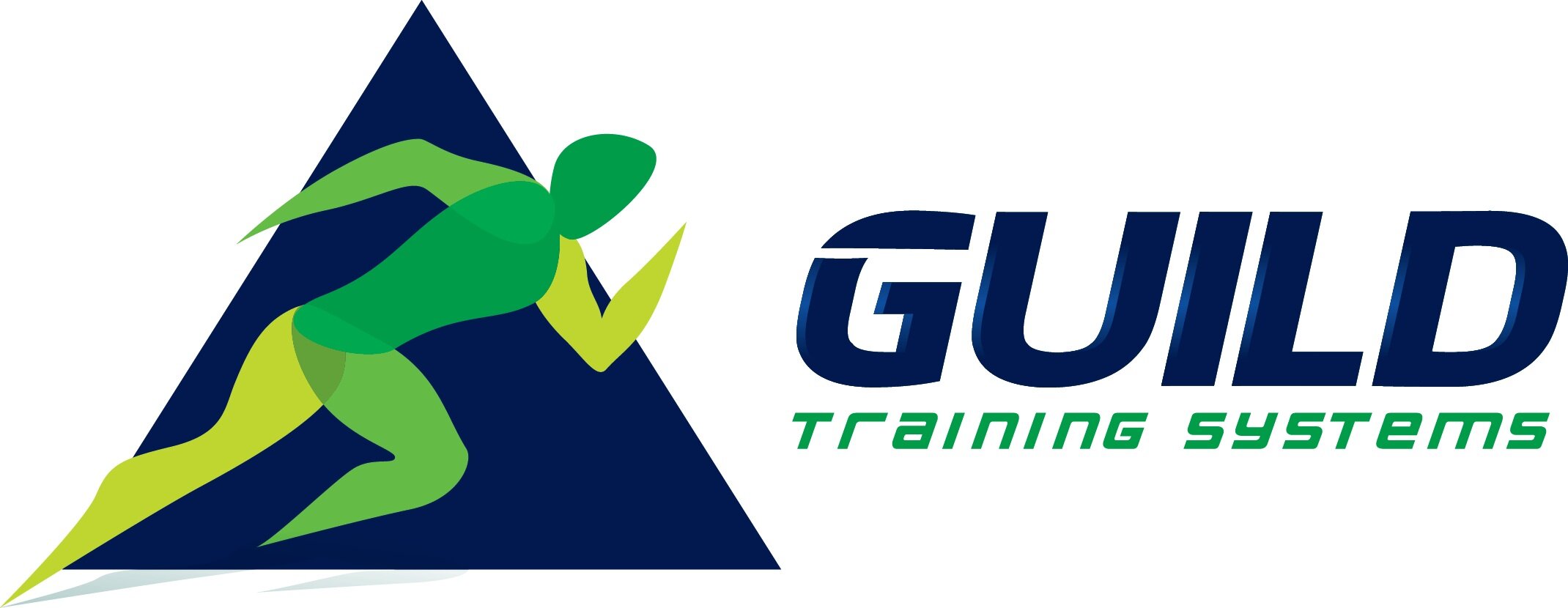Who Knows?
“We cannot learn that which we think we already know.”
This quote struck home for a variety of reasons, one no doubt being the fact that imposter syndrome is very real to me. I’ve had the blessing of working in health and fitness for a few years now. I’ve worked with countless athletes, met some awesome coaches, made good money and traveled to cool places. All of that is sweet! Hindsight is 20/20, how did I get here? More importantly, where are we headed?
I’ve spent years reading in the early mornings and late evenings. I’ve reached out to coaches who I respect and want to emulate and worked for free. I’ve reassessed my development and have had running documents open detailing my professional and personal processes to improvement. All of this and I’m still left wondering what I’m missing.
So I’ll take a stab at it. If I can’t learn what I think I already know, maybe assessing what I think I don’t know is a good place to start.
3 things that I don’t know yet.
#1 - What is the minimum effective dose for warming up?
I’ve made a name for myself in having extended warm ups. Soft tissue work, stretching, corrective exercise. I no doubt over-program at times, beating a dead horse with a litany of exercises accomplishing the same thing. Why?
I don’t want it to not be enough. Injury risk is proven to increase with improper warm up techniques, whether that is failing to achieve an elevated core temperature, failing to “prime” muscles to function or failing to pattern movements prior to loading them. In my eyes, I’ve always moved towards the idea of over-warming up. In a lot of cases, the warm up mirrors the workout and can stand alone as its own workout of sorts.
The question is. What is enough? The people I train will never be on the short side of warming up but it could pay dividends to truly quantify what is needed to prepare an athlete for exercise, every time. It won’t be the same for everyone, I realize that. It can be systemized though.
#2 - How can coaches avoid burnout?
I’ve been lucky to avoid this phenomenon to this point in my career. I still show up excited to coach (most days) and still love taking extra time on my own to keep developing as a coach. I can’t count how many good, or potentially good, coaches succumb to burnout within the field. Their faces glazed over as they mutter cue after cue, waiting to get out of there.
It can happen for a variety of reasons I’ve found. Working too much, working too little, nutritional issues, alcohol dependency, lack of positive reinforcement, no mentors. To me, there’s only one thing more beautiful than a young coach willing to learn, grow and grind for the fun of it… an older coach who wants to.
Coaching chews folks up and spits them out with long hours, little pay and constant emotional distress. How can we help coaches love the work even when it fails to love them back at times?
#3 - Will coaches ever be replaced?
This is a tough one. Machine learning is impressive. Online training and coaching is growing every day. What makes a coach irreplaceable? Is it their personal connection to the athlete? Their ability to make adjustments to programming? The harder I think about coaching’s nuance and beauty, the harder it is for me to see areas of coaching that can’t be replaced by an algorithm.
Coaching consists of systems. A bunch of if/then statements that when put together, make coach and athlete work together towards a common goal. It has to be more than that right? Then again, if coaches can be replaced within health and fitness, what can they then do to continue to improve athletic development?
A few questions that I haven’t answered yet. What we don’t know can’t hurt us right?
